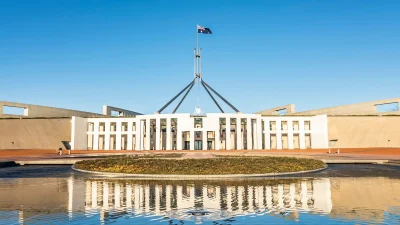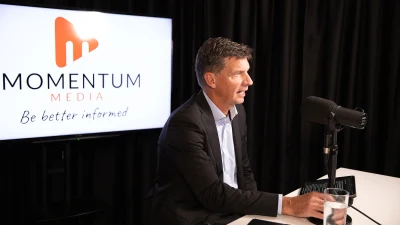BEAR’s teeth owed to deferred banker remuneration


Banking and financial services executives will have more financial skin in the game and face the ultimate sanction of disqualification from the industry under the new Bank Executive Accountability Regime (BEAR), according to Australian Prudential Regulation Authority (APRA) chairman, Wayne Byres.
What is more, the APRA chairman has warned the major banks against “defaulting to the minimum” in terms of their obligations under the new regime.
In a speech outlining APRA’s approach to the imposition of the BEAR and in the wake of regulator’s damning Prudential Inquiry into the Commonwealth Bank, Byres said bank chief executives and other “accountable persons” would have more skin in the game for a longer period because of deferred remuneration.
He noted that bank executives could have up to 40 per cent of their remuneration deferred for four years, while the chief executives of large banks could have up to 60 per cent deferred for four years.
“The BEAR will therefore mean accountable persons have more skin in the game for a longer period of time than is typically the case now and [this] will place greater pressure on ADIs, where adverse outcomes occur, to explain how that has been factored into remuneration outcomes,” Byres said.
The APRA chairman said the BEAR provided an opportunity to fundamentally rethink remuneration frameworks and achieve a stronger alignment with long-term financial safety and a strong risk culture.
“It will be a lost opportunity if everyone just defaults to the minimum,” he said.
In doing so, Byres pointed out that while the new BEAR arrangements provided for a penalty regime, APRA had not been empowered to impose those penalties and would, instead, be required to fight the issues through the courts.
Thus, he said, APRA’s ultimate sanction was its disqualification power – its ability to remove an accountable person from their role and in the most extreme cases prevent them from taking on any similar role in the industry in the future.
“This is obviously not a power that will be used lightly, but appropriate and useful where necessary to eliminate known poor behaviour endangering prudential safety,” Byres said.
Recommended for you
The central bank has announced its latest rate decision amid stubborn inflation and increasing geopolitical tension.
Government has introduced a bill to Parliament to legislate the first stream of the QAR reforms.
ASIC now has a 1:1 ratio when it comes to court success in the enforcement of crypto activities and more action is expected as Treasury seeks to introduce a regulatory framework.
A leading governance body has hit out at “specialist interest groups proposing ad hoc law reform” when it comes to reforms of financial services legislation and believes an independent body is needed.














